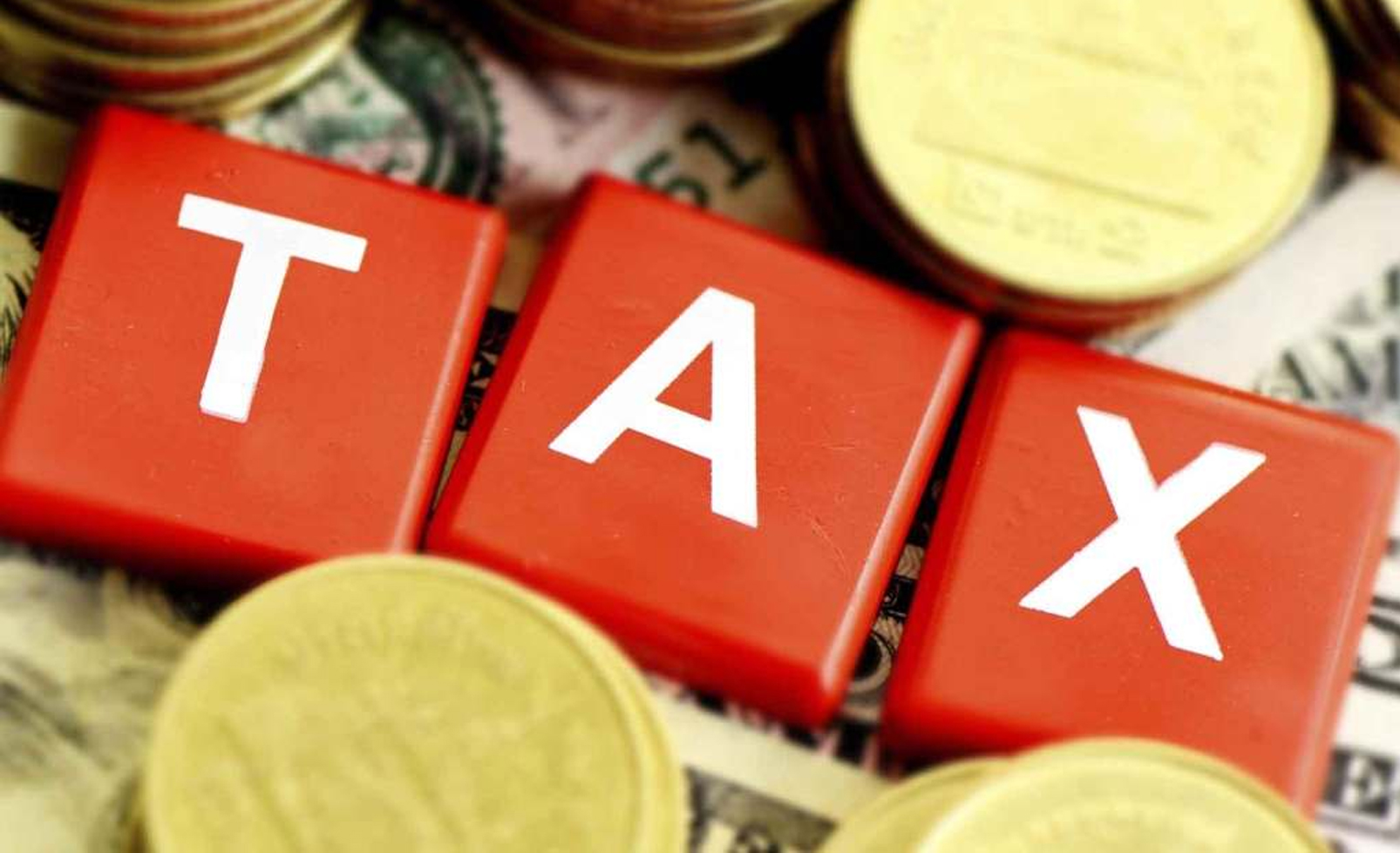FIRS PROVIDES CLARIFICATION ON TAXATION OF NON-GOVERNMENTAL ORGANISATIONS AND ISSUANCE OF TAX-DEDUCTIBLE CERTIFICATE FOR THE PURPOSE OF FIFTH SCHEDULE
May 10, 2021

The Federal Inland Revenue Service (FIRS) had on 31 March 2021 published a circular titled “Guidelines on the Tax Treatment of Non-Governmental Organisations” and another one titled “Requirements for Funds, Bodies or Institutions for Listing under the Fifth Schedule to CITA’”. These Circulars aim to clarify issues relating to the taxation of Non-Governmental Organisations (NGOs) in Nigeria and qualification as approved bodies for donation under the Fifth Schedule of CITA.
Highlights of the Circular on Taxation of NGOs
- The Circular defines an NGO as a not-for-profit association of persons incorporated as a company or incorporated trustees under CAMA, or under any other law in force in Nigeria, or registered under the laws of a foreign jurisdiction and approved as such in Nigeria. These NGOs include organisations engaged in ecclesiastical, charitable, benevolent, literary, scientific, social, cultural, sporting or educational activities of a public character.
- The Circular reiterates that an NGO must be of public character as defined under Section 105 of CITA. Public character with respect to any organisation infers that such organisation is registered in accordance with the relevant laws in Nigeria, and does not distribute or share its profit in any manner to its members or promoters. Rather, their income is to be wholly applied for the objects of the organization or institution in the interest of the public. Furthermore, where there is a distribution of assets whether in cash or in kind for the personal use of its promoters or members, such distribution shall be construed as distribution of profit.
- The Circular mandates all NGOs to register for tax purposes and obtain their Taxpayer Identification Number (TIN) at designated FIRS offices in their respective geo-political regions. The tax obligations of these entities as contained in the Circular include:
- Filing of Income Tax Returns.
- Liability to Companies Income Tax on profits from trade or business, or income from investment in revenue generating assets or businesses.
- Obtain Tax Deductible Certificates so that donations made to the NGO will be allowed for deduction in the hand of donors, in line with Section 25 of CITA (as amended by Finance Act 2020). The procedure for obtaining this certificate has also been discussed in another circular released on the same date, and discussed in the next section.
- Account for PAYE on income of individual promoters and employees (from all sources, including the NGO), fees, other remuneration or benefits-in-kinds paid to trustees and guarantors; and salaries or other remuneration of employees.
- Capital Gains Tax on gains derived from the disposal of assets acquired in connection with any trade or business carried on by the institution.
The circular also clarifies that while VAT on goods purchased by NGOs for use in humanitarian donor-funded projects is chargeable at zero rate, the NGO itself is not exempted from VAT. Also, that an NGO is liable to VAT where it consumes services, other than those exempted under the VAT Act.
Finally, the circular reminded that even though the NGOs are exempted from tax on their incomes, they are not exempted from the obligation to deduct WHT on payments to suppliers and contractors, as well as other qualifying payments, for remittance to the relevant tax authorities in the currency of transaction.
In a similar circular, The Federal Inland Revenue Service (FIRS) provided clarification on the procedure for listing under the 5th Schedule of Companies Income Tax Act Cap C21, LFN 2020 (CITA) by relevant entities.
Highlights of the Circular on Listing under Fifth Schedule of CITA
1. Section 25 of CITA provides the legal framework for Companies to make charitable donations, (which are tax deductible by the donor), to funds, bodies or institutions listed in the Fifth Schedule of CITA. Furthermore, Section 25(6) of CITA empowers the Minister to make amendments to the Fifth Schedule by an Order to be published in the Federal Gazette.
2. The general criterion for listing under the Fifth Schedule is for the fund, body or institution to be of public character, and the advantage of such listing is the tax deductibility of donations made by persons to these entities as enshrined under Section 25(2) and (3) of CITA. Also, listing under the fifth schedule will confer tax exemption status on such Funds, Bodies or Institutions.
3. The Circular further provides that an application in compliance with the checklist set out in Schedule 1 to the Regulations is to be made with a non-refundable payment of the sum of Two Hundred and Fifty Thousand Naira (₦250,000) to the FIRS.
4. A Tax-Deductible Certificate is to be issued, which shall be valid for 3 years in the first instance and renewable after every 3 years upon satisfactory performance at a fee of One Hundred and Fifty Thousand Naira (₦150,000).
5. The Circular also lists out the documents required for the issuance and renewal of the Certificate.
Our Comments
The Circular focusing on NGOs has elucidated the tax obligations of such organisations. It is expected that the clarifications would put to rest all misconceptions as to the requirements of these entities particularly, with the definition of public character contained in CITA and further reiterated in the Circular. Also, it is now clear that goods and services consumed by NGOs and not for use in humanitarian donor-funded projects are liable to VAT.
In the same vein, providing a guideline on issuance of Tax-Deductible Certificate will afford the donor entity the opportunity to deduct such expenses without any hassle, as well as confirm the tax exemption status of the donee entity.